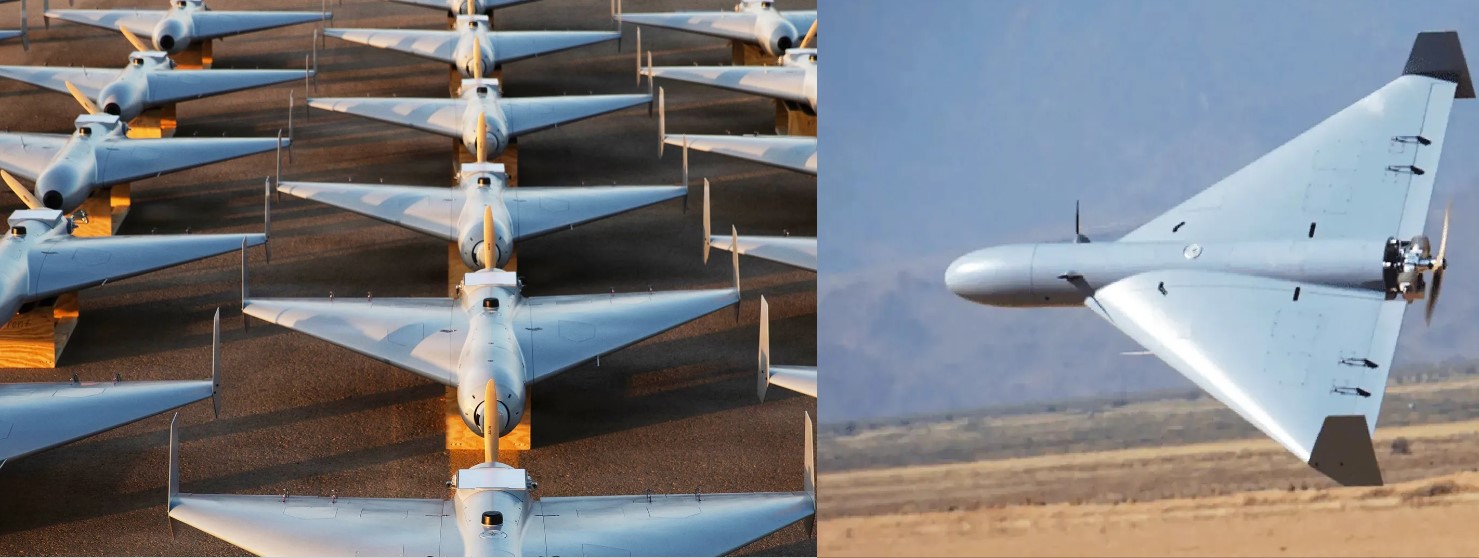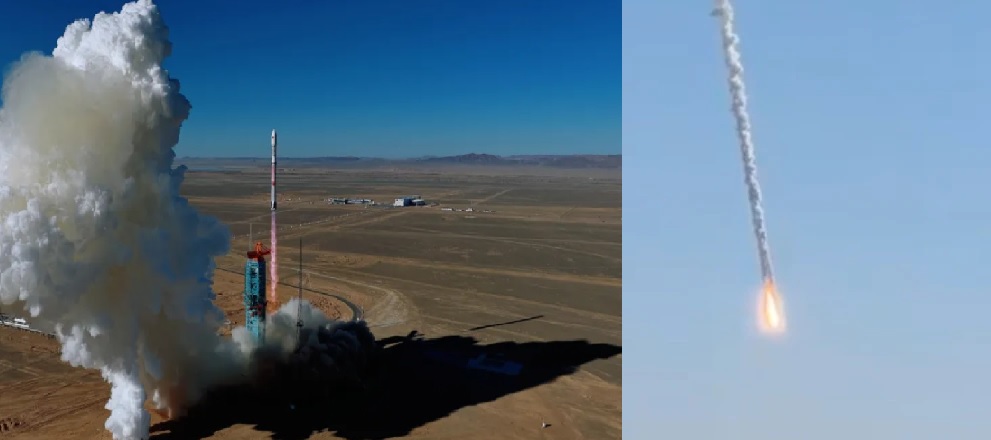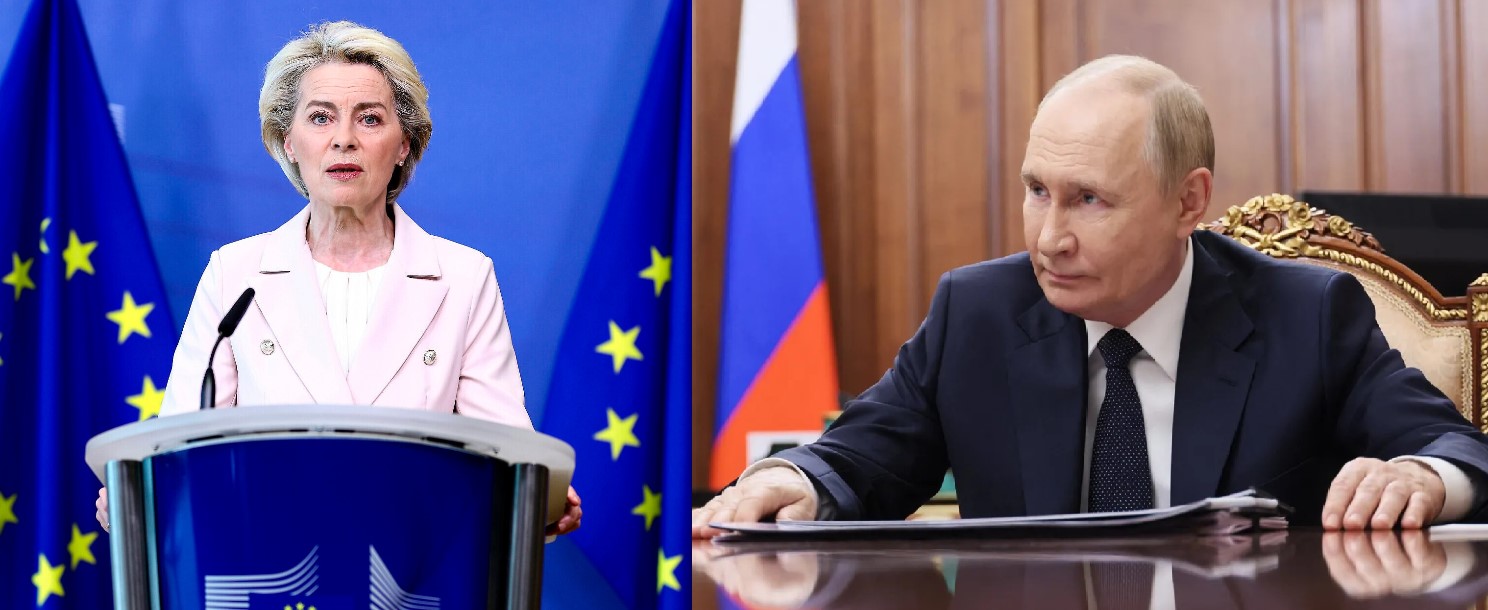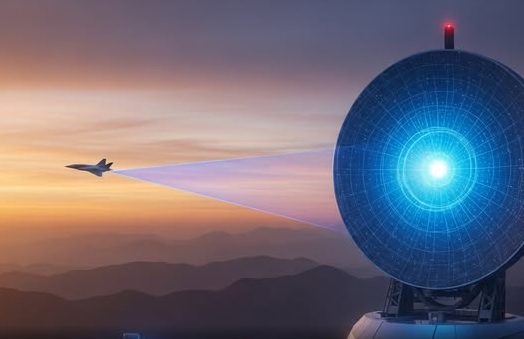Trump’s Bid for Nobel Peace Prize Faces Committee Backlash Amid Norway Tariff Clash

In a dramatic turn of events, at least three of the five members of the Norwegian Nobel Committee have publicly opposed former President Donald Trump’s bids for the prestigious Nobel Peace Prize, citing his harsh verbal attacks on the media, erosion of democratic norms, and impacts on freedom of expression.
Committee Resistance Grows
-
Committee Chair Jørgen Watne Frydnes, who also heads PEN Norway—a global organization defending free speech—has decried Trump’s repeated assaults on journalists and flagged growing concern over the erosion of democratic institutions under his leadership.
-
Kristin Clemet, a former Norwegian education minister and one of the five Nobel chair picks, has been equally vocal, arguing that while some of America’s challenges may be real, Trump’s chosen methods and tone are “deeply disturbing” and accelerating democratic decay.
-
Gry Larsen, a former state secretary in Norway’s foreign ministry, has long been critical as well. In 2017, she posted online that Trump was “putting millions of lives at risk,” referencing his foreign aid reductions, and was seen in a satirical “Make Human Rights Great Again” cap before the 2020 U.S. election.
These strong objections, voiced by a clear majority of the Nobel committee, are seen as a formidable obstacle to Trump’s candidacy for the Peace Prize—even as he continues to broadcast his peace-broker ambitions.
The Cold Call That Sparked Furor
In July 2025, Trump reportedly made an impromptu call to Norway’s Finance Minister, Jens Stoltenberg, a former NATO Secretary-General, while Stoltenberg was walking on the street in Oslo. Trump combined two unexpected requests in that call: inquiries about the Nobel Peace Prize and details on new U.S. tariffs. Multiple U.S. officials, including Treasury Secretary Scott Bessent and Trade Representative Jamieson Greer, were also on the line. Stoltenberg later explained the conversation was meant to prep for a call with Norway’s prime minister and downplayed elaborating on the Nobel discussion.
Adding fuel to the fire, on July 31 the U.S. imposed a 15 percent tariff on Norwegian imports—the same level applied broadly with the EU—prompting tense trade negotiations.
A Campaign Undermined by Substance and Image
Trump continues publicly to tout deals he’s claimed to have orchestrated—such as peace talks between Armenia and Azerbaijan, easing tensions between India and Pakistan, and efforts around Ukraine and Israel—as foundations for his Nobel bid. Several countries, including Israel, Pakistan, and Cambodia, have reportedly nominated him.
Yet his aggressive and public pursuit of the Peace Prize—breaks with Nobel tradition of discretion—has drawn sharp backlash. In Pakistan’s case, its approval of Trump’s nomination reversed quickly after U.S. strikes on Iran, calling the nomination embarrassing and highlighting the inconsistency between Trump's peace rhetoric and military actions.
What Lies Ahead
With the nomination window for 2025 now closed and the award scheduled for announcement in October, any realistic path for Trump to win this year’s prize appears nearly shut. The Nobel committee’s principle of independent appraisal clashes with Trump's overt political lobbying, making his approach both unconventional and unwelcome.
As global tensions persist and democracy’s foundations remain under scrutiny, this episode crystallizes a larger question: Can a figure as divise and combative as Trump align with the Nobel Peace Prize’s ideals of reconciliation, integrity, and quiet moral leadership?
✍️ This article is written by the team of The Defense News.






